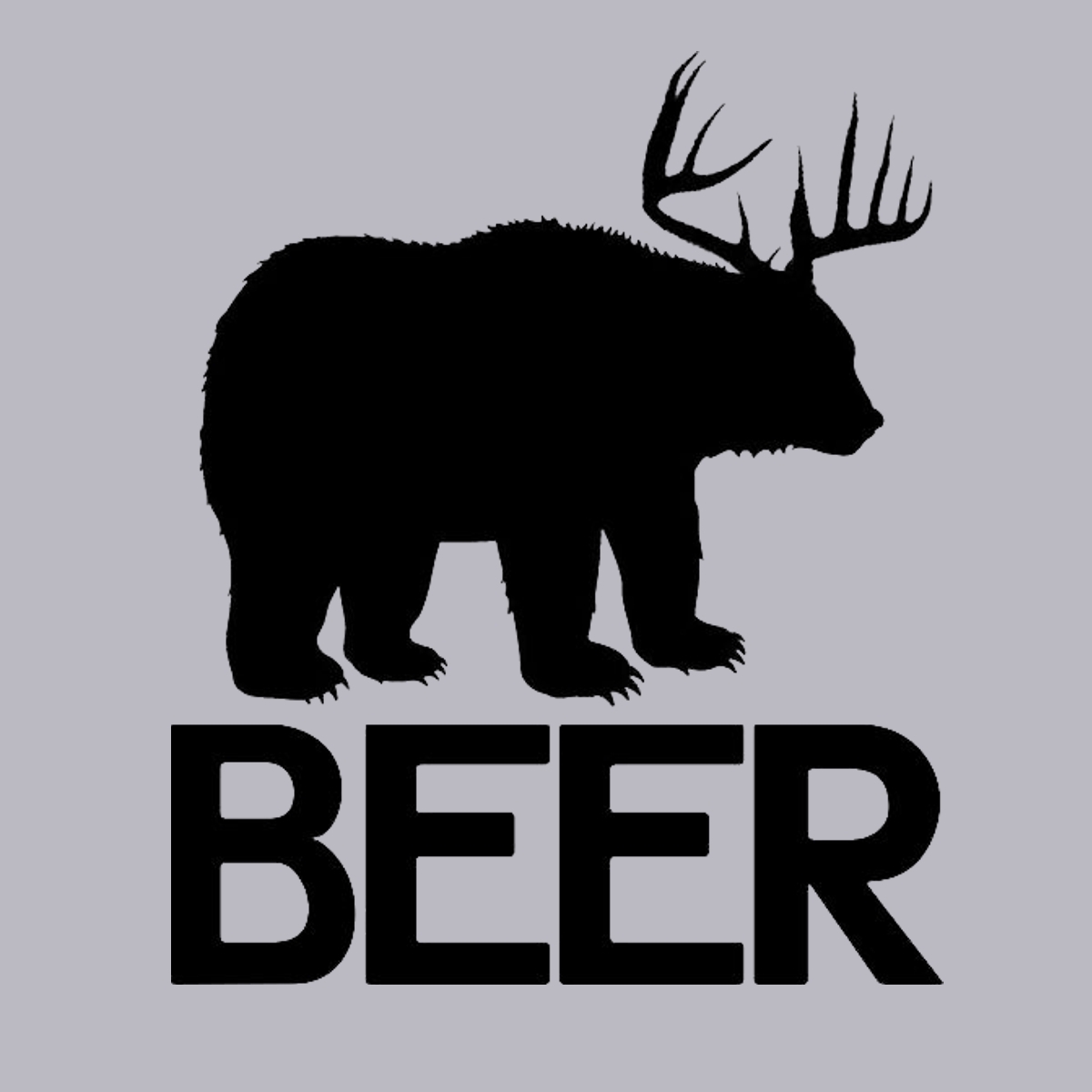By: Andrew Glenny
The craft beer market has been rapidly expanding in the United States. Many new breweries have opened to meet the growing demands. As you may have already realized, most of them like to use puns involving the brewing process, such as hoptimus prime, smooth hoperator, pandora’s bock, and hoptical illusions. Unfortunately, there are only so many puns that can be applied to beers. As a result many of the breweries have come up with strikingly similar names. Many of these companies turn to trademark law for protection.
Whether a trademark has been registered or not, the owner is entitled to protection under the Lanham Act if their mark distinguishes their product from others. There are other considerations as well to determine whether a mark is protectable, for instance it cannot be a generic term, it cannot be disparaging, and it cannot be merely distinctive without a secondary meaning. The strongest marks are ones like Jaguar which imply a characteristic of the product (Jaguars are fast) but do not explicitly state the qualities of the product. This distinguishes their product from competitors and does not deny them they ability to describe characteristics of their products. A company could not trade mark “Fast Cars” since that would exclude competitors from describing their cars as fast.
Trademark Law is based on Congress’ power to regulate interstate commerce. That means that something cannot be trademarked unless it is involved in interstate commerce. Interstate commerce has traditional been viewed broadly, so very little is needed to meet this requirement. In the case of craft beers as little as buying ingredients from another state is enough to qualify. They can also be considered if they have a website advertising their products, since they can be viewed internationally and it invites business, even if not explicitly, from interstates travelers.
Craft breweries are understandably protective of their marks since they spent a long time developing them and they can develop an attachment to them (who doesn’t love their own puns?). If the breweries’ beers are not being sold in the same market it is unlikely that they will have any problems with each other. But as Companies grow, their markets expand and confusingly similar marks begin to compete with each other. If one mark is already registered they have a presumption of validity, which can be disproven, that allows them to force the other party to discontinue use of that mark or face legal repercussions.
In rare cases breweries bonded over their shared names. The Avery brewery in Colorado and the Russian River brewery in California both made a beer call “Salvation.” This mark is not generic or merely descriptive, since beer is not a literal salvation. The first of either company to use the mark in commerce would have priority over the other, but instead of pursuing a legal remedy both companies decided it would be more beneficial to combine their recipes. The result was a beer that they call “Collaboration Not Litigation.” This result is rare, since breweries have an attachment to their marks and, in some cases have to fight to survive.
A common misconception about trademarks is that they must be policed to maintain their validity. Self-policing is not required and no one else will do the policing for you. The primary reason for self-policing is to prevent what is known as “genericide.” Genericide is when a trademark that was once valid and unique becomes part of the common vernacular and no longer describes the unique product made by a certain company. An example of genericide is the term zipper. It is commonly known now that when someone says zipper they are referring to the clasp locker found on many articles of clothing. Originally, the term referred to a specific brand but now its repeated use to refer to that device has destroyed their trademark. To avoid this many brands are very aggressive in their policing of situations where terms would seem to make their mark generic. Some companies even take it to the extreme of sending cease and desist letters in every instance they see their trademark used.
It is important to remember that trademarks do not give the owner a right to exclusively use that word. It is merely a right to use that phrase or word in connection with a certain product to identify where that product came from. This protects consumers from being sold products under false pretenses. If there is no costumer confusion it is improper for a cease a desist letter to be sent to a potential infringer. While genercide is a legitimate concern, the breweries seeking to enforce trademark protection should take each case on an individual basis because a brewery across the country is not very likely to affect their sales or make the name any more generic than their product has already done.

